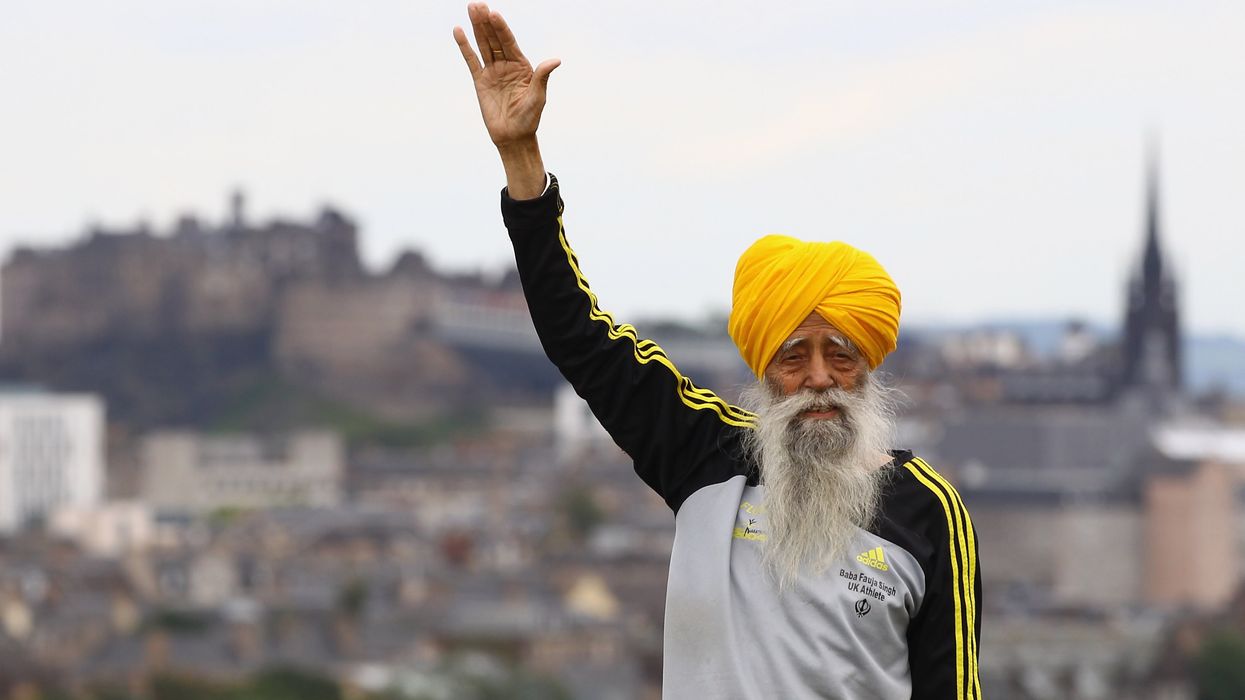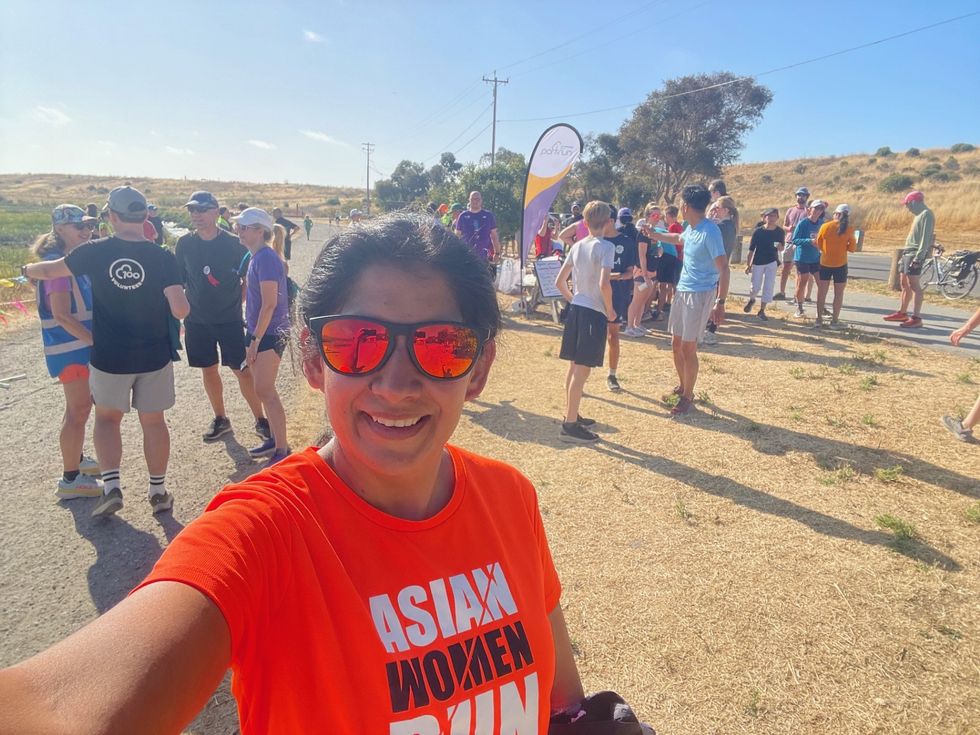By Mark Cameron OBE
THE 5% Club’s vision is that of a “prosperous and skilled nation supported by universally available and esteemed workplace learning opportunity for all”.
Our members are driving change. They aspire to have five per cent of their workforce in ‘earn and learn’ positions (including apprentices, sponsored students, and graduates on formalised training schemes) within five years of joining. As a collective, they currently achieve 6.1 per cent – but we want to go further.
The 5% Club is a constant champion for increased levels of inclusive workplace learning. This action is a driving force in growing the UK skills base, increasing quality employment, and ultimately improving our national prosperity. These skills also close the productivity gap, increase social mobility, drive inclusive growth, and help to boost the economy.
While government action in this area has been welcome, including the recent publication of the skills white paper and further measures announced in the budget, it is clear there is more that can be done. Our members want to ensure that current schemes deliver the skills that employers need, where and when they are needed most. And this must be realised in a way that benefits the individual, their employer, and the country as a whole.
Prime minister Boris Johnson has made clear that following our departure from the European Union, the government will focus on levelling up Britain and spreading opportunity across the whole country.
“Earn & learn” schemes are central to this goal and will be crucial to ensuring every worker is skilled and able to contribute. This requires the removal of bias in our education system. It is not just about top achievers – levelling up is key to ensuring parity of investment and esteem across all skills and learning pathways.
This has only become more vital in the wake of Covid-19. There is no doubt that the pandemic has had a disproportionate impact on young people and their prospects. From school closures to the disruption of the transition from education into work, millions of young people have seen their life chances and earnings potential damaged by this global crisis.
It will take years to put this right. But The 5% Club believes that organisations like ours can work with government to ensure that we avoid a ‘lost generation’ who deserve better help and support.
Workplace learning schemes will provide and drive opportunity across the nation and help to tackle the inequalities that undermine our society and its cohesion. They will turbocharge the economy by creating a new generation of workers ready to take on the jobs of the future, at every level. They will ensure that a post-Covid UK, outside the EU, has the means to “Build Back Better”.
The 5% Club welcomes the measures announced in the recent skills white paper, which will greatly improve post-16 technical education and training in England. In addition, the measures in the budget around further support for apprenticeships are positive and show that ministers recognise the importance of this route into work.
Successive governments have made significant progress in this area since 2010. But there is still much to be done to create a system which allows every worker – but especially those entering the workplace for the first time – to fulfil their potential.
The 5% Club is therefore proposing five policy interventions which we wish to see considered by government, to ensure we realise fully – and go beyond – the ambition set out in the skills white paper. This will ensure everyone in our society can participate, harness new opportunities, and ensure that companies across the country have the skilled and energetic workforce required to succeed, now and in the future.
Our ask of the UK government is outlined in our manifesto (www. 5percentclub.org.uk/manifesto/) and includes:
- l Implement a Unified National Approach (UNA) for skills
- l Provide a more targeted application of the Apprenticeship Levy Funding
- l Drive the “levelling up” process through a lifetime of learning
- l Pursue equality of access to the right workplace for everyone
- l Create genuine parity of esteem across all educational as well as career pathways
The scale of the challenges facing young people in the wake of the Covid-19 pandemic cannot be overstated. The decisions the government takes now will be life-defining for millions of young people across the country.
Building Back Better after the pandemic will only succeed if we address the skills gap that currently exists in our society.
Our country came together with an incredible spirit of social responsibility to get through the last year.
It is now time to come together again as a nation and ensure that we are doing all we can to support the younger generation who will be so crucial to our national recovery for many years to come.
Mark Cameron is chief executive officer of The 5% Club. A former commodore in the Royal Navy, he has a wealth of experience as a board-level HR professional in the UK’s largest “earn and learn” employer.
In his last role as MOD policy head for training, education, skills, recruiting & resettlement, he was an active member of the wider public sector strategic leadership group for apprenticeships, the Apprentice Ambassadors Network and The 5% Club steering group. Mark is a chartered engineer, chartered manager and chartered FCIPD. He was awarded an OBE in 2017 for his services in transforming naval recruitment.





 Minreet Kaur
Minreet Kaur 












 Heehs describes two principal approaches to biographyAMG
Heehs describes two principal approaches to biographyAMG


‘Earn and learn schemes grow the UK’s skills base’